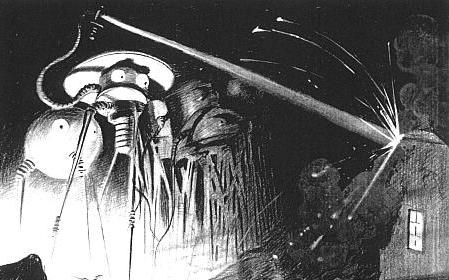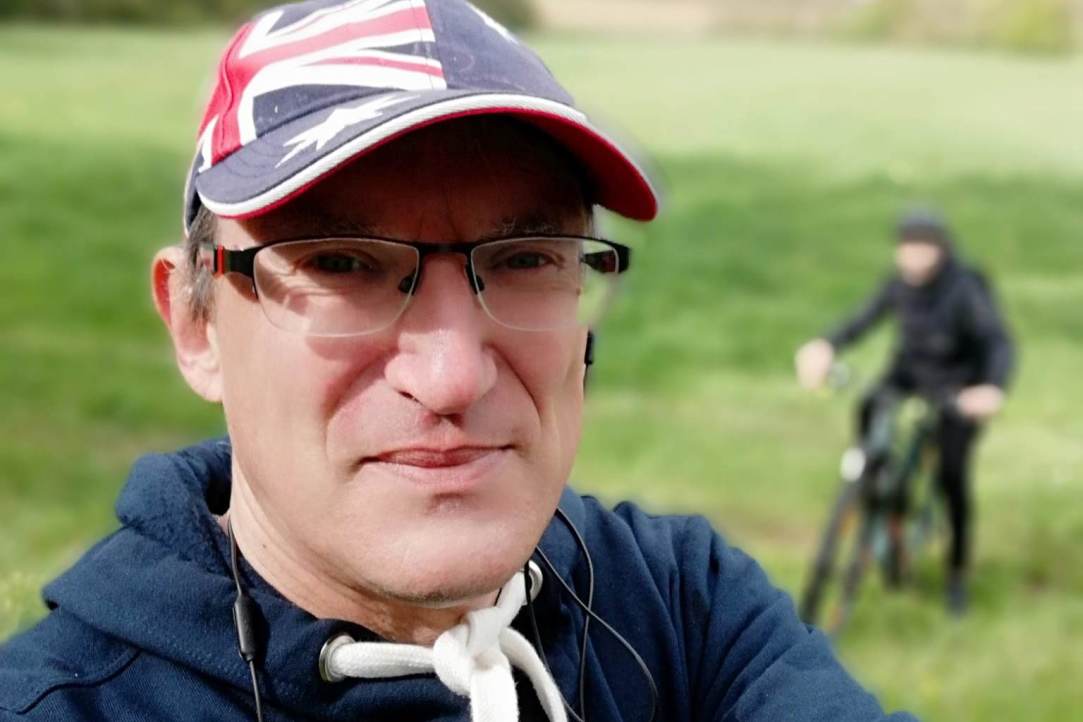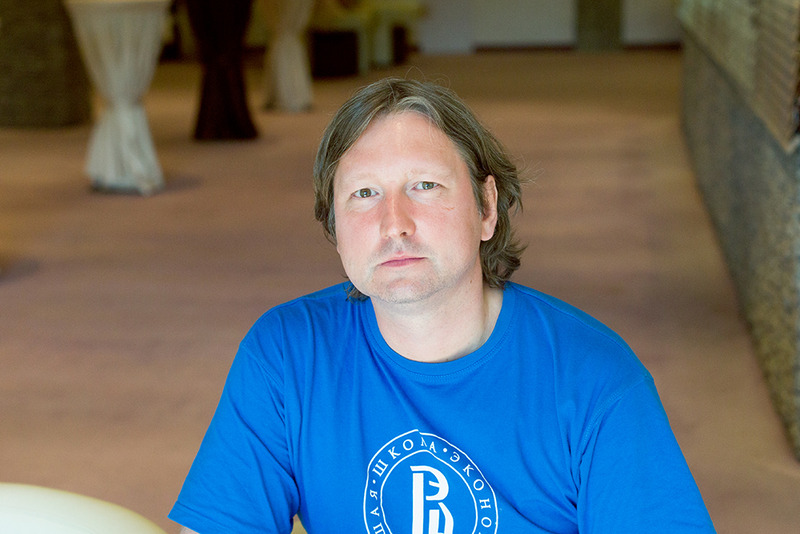
Portrait of an Alien: How Western and Eastern Cultures Influence Creativity and Perceptions
The concept of creativity varies by culture, and this is reflected in the results of creative activity. This fact was confirmed by researchers from the HSE Laboratory for Creativity and Multilingualism who studied creative assignments carried out by students from Russia and the United Arab Emirates.

Alexei Vagov: ‘Metamaterials Should Serve People'
The Centre for Quantum Metamaterials is one of the new international laboratories that will be launched at MIEM, HSE University, in 2022. Alexei Vagov, Head of the Centre, speaks about the main areas of the Centre’s research, its team, and future research cooperation.

'I Took Up a Blue-collar Job to Do My Research'
Olga Pinchuk shares the personal experiences that have informed her academic research, explains why manual labour is still prevalent in Russia, and examines widespread stereotypes about blue-collar workers.

HSE Biologists Prepare Strategy for Universal COVID Test
Russian researchers have developed a strategy to create a cheap and rapid COVID-19 test based on isothermal amplification. According to their publication in Applied Biochemistry and Microbiology, use of this strategy will make it possible to create universal test systems for any of the COVID-19 variants.

Half of Job Seekers Need up to Ten Weeks to Find a Job
A person’s position on the labour market, i.e., status of employed/unoccupied/unemployed, can impact not only attitudes toward the job search (choice or necessity), but also employment conditions and the methods and length of search.

Brain Stimulation May Facilitate Rehabilitation of Children with Arthrogryposis
HSE academics joined researchers from the Turner Scientific Research Institute for Children's Orthopaedics to study how the brains of children with arthrogryposis control elbow flexion after muscle transplantation. They found that in such patients, more motor neuron activity occurs, which means that the start of a new movement requires more effort from the brain. The paper ‘Feasibility and Challenges of Performing Magnetoencephalography Experiments in Children with Arthrogryposis Multiplex Congenita’ was published in Frontiers in Pediatrics.

HSE University in Nizhny Novgorod to Continue Its Research into Dynamical Systems
The mega-grant awarded by the Russian government to the International Laboratory of Dynamical Systems and Applications at HSE University’s Nizhny Novgorod campus has been extended to 2022–2023. The Academic Supervisor of the laboratory is Dmitry Turaev, a leading specialist in the field of dynamical systems and Professor at Imperial College London. Professor Turaev spoke to the HSE News Service about the results achieved by the laboratory so far and its plans for the next two years.

Collective Conscious: Advantages and Drawbacks of Studying in Small Groups
Students can learn difficult material much more efficiently by collaborating than by studying individually. They help each other, share information, and build collective knowledge. However, things are not as simple as they may seem. Cooperation between students is effective for certain activities, but not others. As researchers from the HSE Institute of Education have shown, knowledge is absorbed more effectively through group work, but the same benefits are not found when it comes to the practical application of knowledge.

First Book in Soqotri Published in Conjunction with HSE IOCS
November 25, 2021 marked the publishing of a corpus of Soqotri folklore texts. Translated into Classical Arabic, the texts are accompanied by a brief introduction explaining the basic principles of the Soqotri writing system, which is based on the Arabic orthography. The authors of the book are Soqotri native speakers Ahmed Isa al-Daarhi, Isa Gumaan al-Daarhi, and Maysoon Mohammed Aldarhi. It was published by Maria Bulakh and Leonid Kogan under the editorship of Prof. Vitaly Naumkin, Corresponding Member of the Russian Academy of Sciences. The publication was supported by the UAE Embassy in Moscow.

International Laboratory of Social Neurobiology to Look at How Fake News Affects Human Behaviour
The mega-grant allocated by the Russian government to the International Laboratory of Social Neurobiology, has been extended for 2022-23. The laboratory was founded two years ago and is headed by Iiro Jaaskelainen, a leading neurobiologist from Finland. Laboratory Head Vasily Klucharev spoke to the HSE News Service about the results the lab has already achieved and the prospects for the next two years.


Registration deadline - April 30